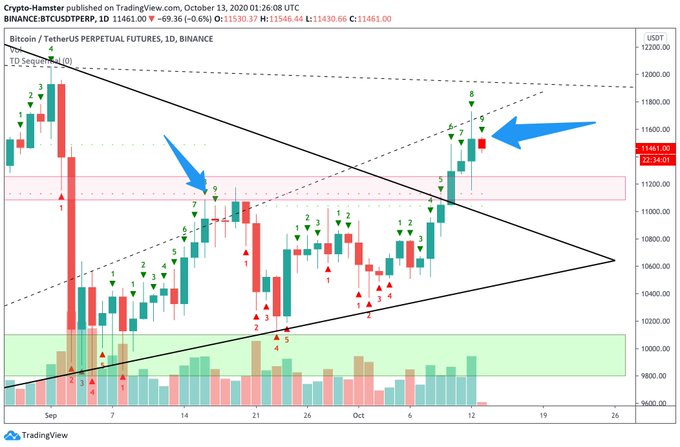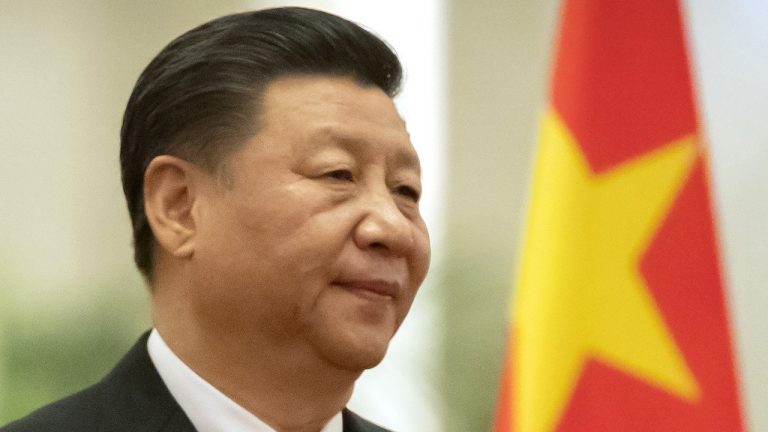2021-9-29 19:28 |
In this episode of BeInCrypto’s Video New Show, host Jessica Walker takes a look at recent events in China. It seems like China has been in the news every day for the last week, and not only for crypto.
China strikes againLast week, ten Chinese government bodies barred overseas exchanges from providing services to mainland investors via the internet. This had previously been a gray area, but Chinese authorities’ recent statement settled the issue specifically.
“While this is not a surprise as China has ‘banned’ crypto many times in the past, this time there is no ambiguity,” said Henri Arslanian, PwC crypto leader and partner. “Crypto transactions and crypto services of all kinds are banned in China. No room for discussion. No gray area.”
The announcement detailed activities that would now be prohibited, including any kind of exchange involving virtual currencies. It precludes exchange between legal and virtual currency, exchange between virtual currencies, or trading virtual currencies as a central counterparty. Overseas exchanges providing their services to Chinese residents, the statement highlighted as “an illegal financial activity.”
Additionally, providing intermediary information and pricing services for virtual currency transactions is also illegal. This is the case for token issuance financing, virtual currency derivatives transactions “and other virtual currency-related business activities.”
Exchanges stop accepting Chinese usersFollowing the announcement, cryptocurrency exchanges and service providers started scrambling to sever ties with their mainland Chinese clients. For instance, two of the world’s largest exchanges, Huobi Global and Binance, have already halted new account registrations from mainland customers. Huobi added that it would also clean up existing customers by the end of the year. “On the very day we saw the notice, we started to take corrective measures,” said Huobi Group co-founder Du Jun.
Additionally, TokenPocket, a popular crypto wallet service provider, said it would terminate services to mainland Chinese clients. It added that it would “actively embrace” regulation, and welcomes cooperation from China in blockchain technologies. While effacing crypto, China hopes to have the most advanced blockchain technology in the world by 2025.
Evergrande debtLast, but certainly not least, is Chinese real estate giant Evergrande’s story. It dominated the financial news cycle in the last week and also impacted crypto markets.
The issue surrounding Evergrande, China’s second-largest property developer by sales, is that it cannot pay back its massive loans. The real estate giant has claimed $300 billion in liabilities and, as a paper from the end of 2020 shows, the company has just $32 billion in assets. This means that Evergrande is in danger of defaulting with just 10% or so of its total liabilities on hand.
But at the time of recording, the contagion from Evergrande seems to be contained. China’s central bank vowed to protect consumers exposed to the housing market yesterday and injected more cash into the banking system as the Shenzhen government began investigating the company, the clearest sign yet the authorities could move to contain contagion risks.
The focus now turns to whether a coupon payment of $47.5 million due on Wednesday is made, and then to whether China can contain the economic damage if Evergrande collapses. And it seems this is one of those cases where crypto and the legacy financial system are looking in the same direction for answers.
What do you think about this subject? Write to us and tell us!
The post BIC’s Video News Show: China Bans & Evergrande appeared first on BeInCrypto.
origin »Bitcoin price in Telegram @btc_price_every_hour
Show (SHOW) на Currencies.ru
|
|


















